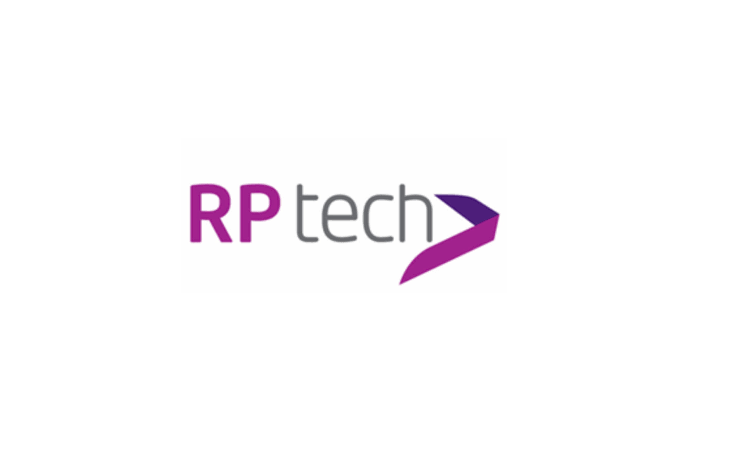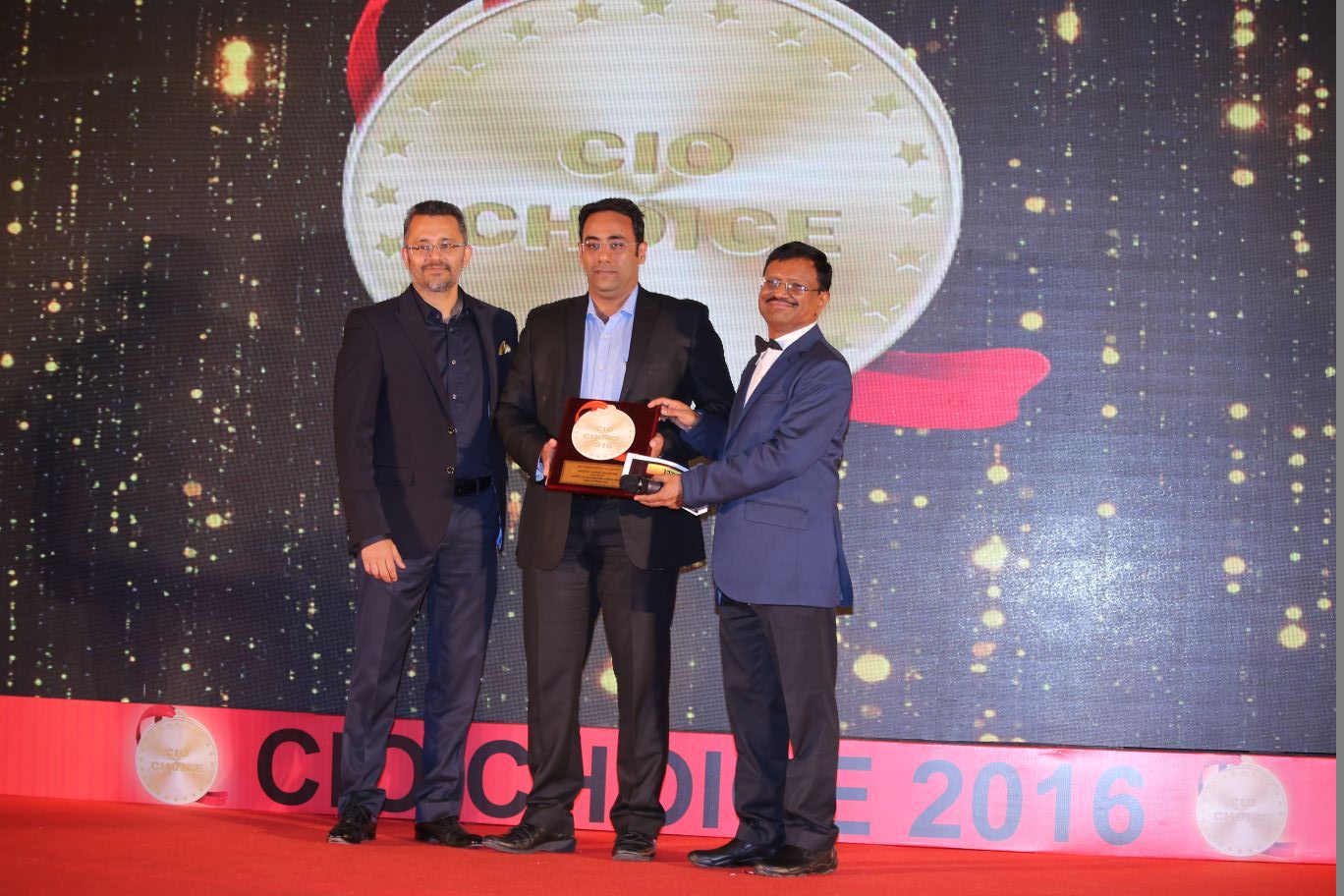Schneider Electric India – the global energy management specialist and leader in energy efficiency – has stated that ICT deployment is critical for Smart cities.
 In the India Infrastructure Research report titled, ‘ICT in Urban Governance – Survey’, it took a real-time stock of ICT adoption in various cities, its importance as perceived by city administrations and as reflected in allocated budgets and actual spends.If the NDA Government’s vision of 100 Smart Cities is to become a reality, the relevant data will be invaluable for Central and State Governments, says the report.
In the India Infrastructure Research report titled, ‘ICT in Urban Governance – Survey’, it took a real-time stock of ICT adoption in various cities, its importance as perceived by city administrations and as reflected in allocated budgets and actual spends.If the NDA Government’s vision of 100 Smart Cities is to become a reality, the relevant data will be invaluable for Central and State Governments, says the report.
Scope of IT
From hundreds of eligible cities, 53 cities have been surveyed that would be on the Government’s agenda for conversion into Smart Cities. The report said the scope and scale for ICT varies across cities, depending upon their size, needs, financial resources and approach to ICT by the city’s top management, which included Municipal Commissioners and IT heads. Presently, most civic agencies have implemented IT modules in E-governance.
Although most services are managed in-house, outsourcing is fast becoming popular. The most common solution adopted by more than 85% was E-tendering. Also, more than 75% of cities have ICT-enabled services that benefit citizens, such as issue of birth and death certificates, customer grievance redressal and establishment of civic centres/e-seva kendras.
It is clear the major demand for ICT solutions will arise from the creation of smart grids and smart public services. The report says capacity constraints and integration of legacy data are major challenges in ICT implementation.
Anil Chaudhry, further concluded “Successful implementation by other cities should, however, inspire the laggards to opt for faster adoption of ICT solutions, which will play a key role in existing cities as well as in creating greenfield Smart Cities.”
IT Budgets
currently, about 80% civic agencies allot less than 1% of their budgets to ICT. A majority expect less than 10% increase in IT budgets over the next two years, leaving immense scope for expansion.
Ironically, although 90% of civic agencies believe ICT will ensure tremendous benefits in terms of transparency and accountability, actual allocations are less than 1-5%, with many states spending much less than the allocated amounts.
The majority of civic agencies allocate between 0.5% and 1%, while another 40% allocate less than 0.5% of municipal revenues for ICT expenditure. Only 12% of respondent civic agencies have ICT budget allocations in the range of 1% to 1.5%. Conversely, about 2% allocate more than 5% of their budgets towards ICT.
While 65% of civic agencies have implemented online property tax solutions, from the remainder, about 96% will offer this by 2016.
“The help of Smart City specialists could play a key role in ensuring ICT and IT outlays are used judiciously and not left unspent,” said Chaudhry.
Challenges
Limited capacity at the city level was one of the biggest management concerns, as per about 70% of civic agencies.
Other major hurdles are lack of technical know-how and change management, while some cities say coordination among various departments and delay in administrative approvals would be a challenge. Low IT outlays, lack of customisation, limited IT personnel as well as lack of administrative and political will would be the other challenges.
In the case of town planning, there is only limited ICT penetration. But building plan approval and trade licence solutions have been adopted by more than 70%. The other modules implemented include: building completion certificate (57%), spatial planning (43%), allotment of housing/shops (32%) and land development and road widening (30%).






